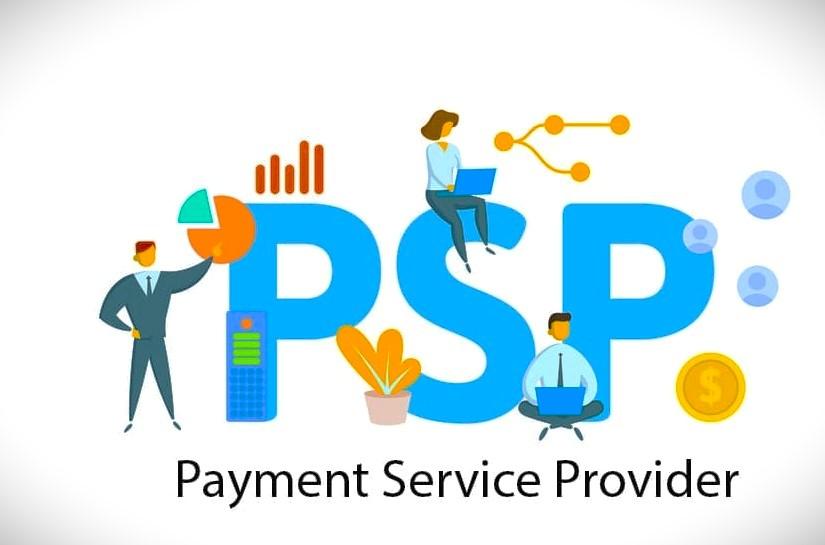In the vast and complex world of digital commerce, the ability to accept payments securely and efficiently is the lifeblood of any online business. This is the critical role played by the Payment Service Provider (PSP). A PSP is a third-party company that provides merchants with a single, unified gateway to accept a wide variety of electronic payment methods, from credit and debit cards to digital wallets and bank transfers. They act as the essential intermediary, securely connecting the merchant's website or app to the complex network of banks and payment card schemes. The indispensable role of PSPs as the primary enablers of online and in-person digital payments is driving massive market growth, with the industry expected to grow to a valuation of USD 148.64 billion by 2035, expanding at a solid CAGR of 5.48% during the 2025-2035 forecast period.
At its core, a PSP dramatically simplifies the process of accepting payments for a merchant. Without a PSP, a business would need to establish separate technical integrations and commercial agreements with each individual card network (like Visa and Mastercard), each digital wallet (like PayPal and Apple Pay), and various banks for direct transfers. This would be an incredibly complex, time-consuming, and expensive undertaking. A PSP does all of this work for them. They provide the merchant with a single API or integration that gives them access to a huge range of payment methods through a single connection. The PSP handles all the complex routing, security, and communication with the different parts of the financial network, allowing the merchant to focus on their core business.
The functionality of a modern payment service provider goes far beyond simple transaction processing. A key component is the payment gateway, which is the secure technology that captures the customer's payment details on the merchant's website and transmits them safely to the payment network. Another critical function is the merchant account, which is the specialized bank account where the funds from the transactions are settled. Many PSPs, often called "payment facilitators" like Stripe and PayPal, provide both the gateway and the merchant account in a single, easy-to-use package. They also provide a host of value-added services, including advanced fraud detection, recurring billing for subscription businesses, and detailed reporting and analytics on all payment activity.
Ultimately, the primary benefit of using a PSP is a combination of simplicity, security, and global reach. They make it incredibly easy for a business of any size, from a solo entrepreneur to a large multinational corporation, to start accepting online payments quickly and securely. They take on the massive burden of PCI DSS (Payment Card Industry Data Security Standard) compliance, reducing the merchant's security risk and liability. They also enable businesses to easily accept payments from customers around the world, in different currencies and with locally preferred payment methods. In the modern digital economy, where commerce is global and borderless, a powerful and flexible payment service provider is not just a vendor; it is an essential strategic partner for growth.
Explore Our Latest Trending Reports:



